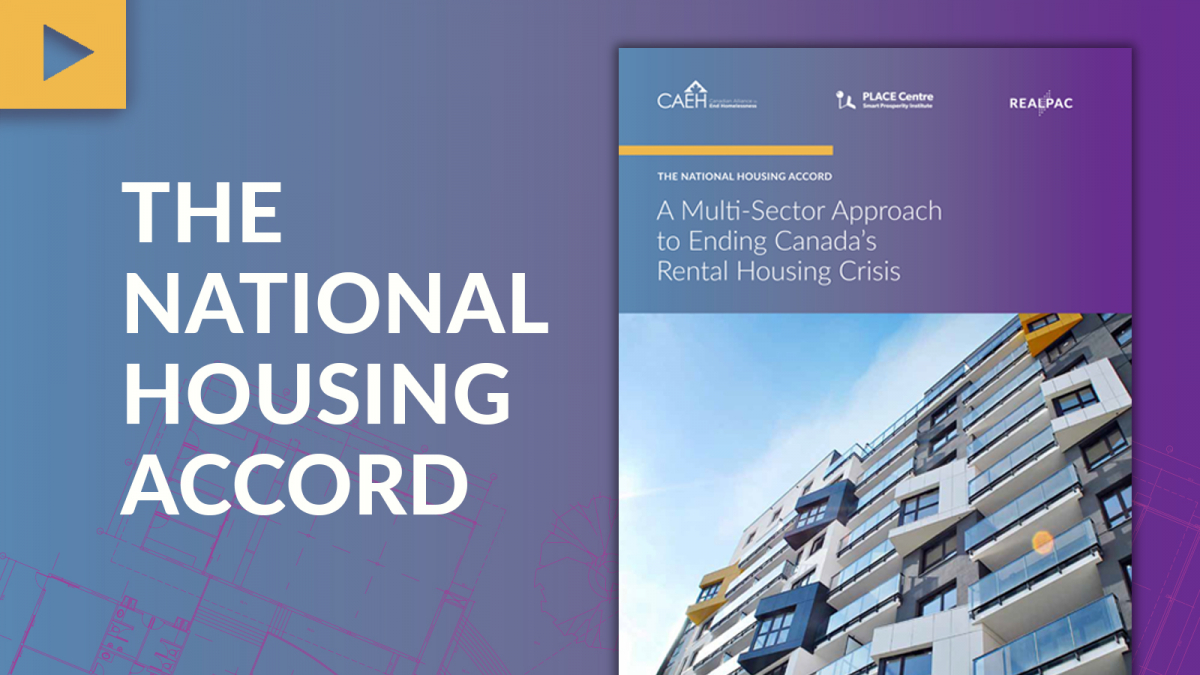Rents have been increasing rapidly in many parts of the country, primarily caused by a lack of accessible, climate-friendly, affordable, and market-rate purpose-built rental units to house a growing population.
Increasing rents inflict the most significant harm on the lowest-income Canadians, including seniors, people on fixed incomes, single-parent led households, students, newcomers to Canada, and Indigenous peoples.
Rising rents are also contributing to a wave of new homelessness - the number of people losing their housing from unaffordability nationally is on the same scale as people losing their housing from Canada’s largest natural disasters. Further, our housing crisis threatens economic growth, pricing workers out of the communities where their skills are needed most.
We must urgently build a healthy rental housing system to ensure affordability for all, meet the federal government’s commitment to the progressive realization of the Right to Housing, support economic growth, and end homelessness. We require practical solutions to dramatically increase the supply of rental housing. We need rental housing of all kinds: market-rate, affordable, co-operative, non-profit, supportive, and otherwise, to house our growing population today and in the years to come.
The PLACE Centre, in collaboration with the Canadian Alliance to End Homelessness (CAEH), and REALPAC, recently brought together a group of housing experts from the private and non-profit sectors, including investors, developers, owners, and policy experts, for a Roundtable to brainstorm solutions to address this crisis and restore rental housing affordability. The outcome of the Roundtable is The National Housing Accord: A Multi-Sector Approach to Ending Canada’s Rental Housing Crisis.

Summarized in this Accord are Ten Recommendations - a series of rapidly actionable recommendations for the 2023 Fall Economic Statement and Budget 2024. These recommendations include providing low-cost, long-term fixed-rate financing for constructing purpose-built rental housing, as well as financing to upgrade existing purpose-built rentals to make them more accessible, climate-friendly, and energy efficient, as well as changing the building code to allow for more accessible, climate-friendly, and affordable purpose-built rental projects.
The Ten Recommendations recognize that no one actor in the system can achieve Canada’s housing targets single-handed. The federal government must lead the way through a coordinated effort with key stakeholders – including not-for-profits and the private sector – while accounting for resources, the financial viability of building supply, the productivity and innovation to reach targets, and the will to create conducive regulatory environments, all while closing the gap for affordable housing.
This is a significant task, for which our Ten Recommendations are a starting point.
Together, these recommendations will help millions of people have a safe, secure, and affordable place to live, create jobs and raise incomes, meet the needs of our growing population, and play a major role in ending homelessness.
The housing sector is ready to step up and address this crisis, but we need the federal government to join us and step into their vital housing leadership role.
Read ‘The National Housing Accord’


